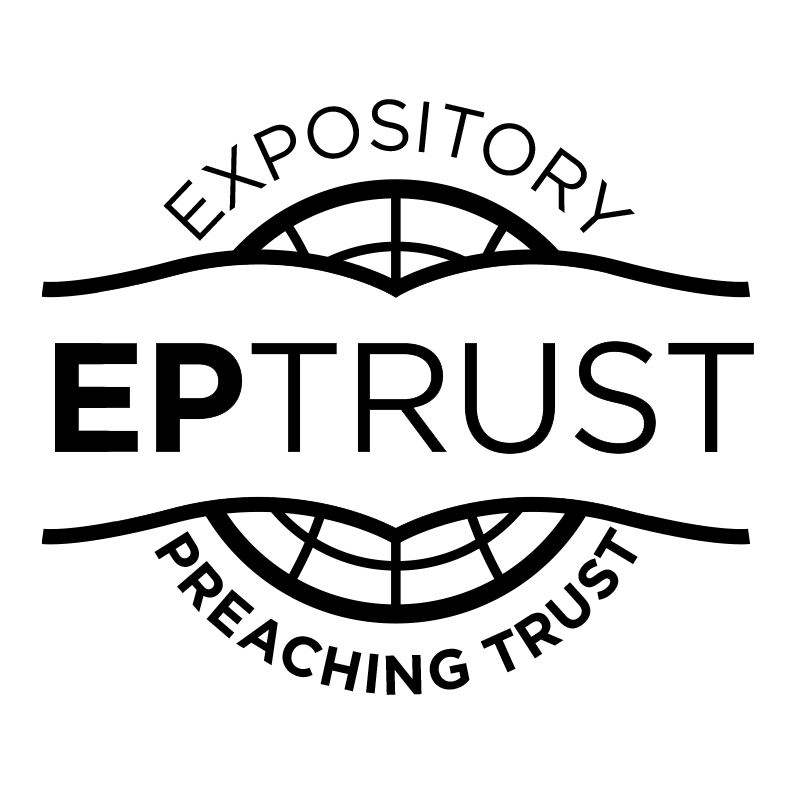Applying the truth of the ‘there and then’ of the Bible to the ‘here and now’ of life today, is a challenge for every preacher. No part of preparation is easy but I think most preachers find application and illustration especially challenging.
David Veerman, the editor of The Life Application Bible, says this is partly due to a lack of training, and to the fact that application is hard work. However we must not make the mistake of leaving it to our listener, thinking that the listener will make the connection between then and now.
The Christian pastor and mystic, A.W. Tozer said that unapplied truth is not Biblical truth, ‘it is something else and something less’.
The question sometimes arises as to when the preacher should apply.
Successful application, that bites into the hearer’s life, leading to repentance and faith in Christ, most often begins with the opening sentence of the sermon.
Every text of Scripture can be reduced to a statement and every statement answers a question. Every sermon then will answer the overt or implied question which is answered by the text. The question which the text answers will need to be marketed and the marketing of the question at the very beginning of the sermon will anticipate the issue to be applied.
Take John 3:16 as an example, the text is answering the question, ‘how can a person have eternal life?’ That is the overt question answered by the text: Eternal life is had through belief in Jesus, God’s son and gift of love to the world.
‘How can I have eternal life?’ is the question but the answer is readily predictable and may not be engagingly strong, so it is necessary to set an equivalent more marketable big question (MBQ).
The MBQ which is more engaging and less predictable may be, ‘what is true health’ or ‘how to have health which lasts forever’ or ‘how to be fully and forever satisfied’.
Once you settle on the accurate MBQ which is answered by the text, your application will be clearer, you have already shown your audience where the sermon will land and the question they can expect to be answered.
The first sermon of a series on Acts began with the question, ‘Why did Luke write Acts?’ This may have been a sermon on Luke 1:1-4 and Acts 1:1-2, and is a good question for a College exam, but a more marketable question may be, ‘Why is certainty so vital?’ or, ‘where can certainty be found?’
In the sermon on John 3:16 I try then to show how this text must apply to everyone—the Necessary Application: eternal health is found through a trusting relationship with Jesus, so everyone must have that relationship.
Then I go to the opposite—the Impossible Application—how the text cannot apply to anyone: that eternal health can be had through anything or anyone apart from Jesus.
Often pointing out the Impossible Application has the effect of jolting the listener out of their complacent false hope.
The third level of application is the Possible Application—how the text may apply to some people.
This is the toughest level of application because it will peel back false beliefs and ways we look for eternal life elsewhere, this is the application level which gets personal and gets under the skin.
An Example: Romans 3:21-26
Subject (what is the author talking about?): God’s righteousness.
Complement (what is the author saying about what he is talking about?): God’s righteous way of setting people right with himself is foreshadowed in the Old Testament; being declared righteous before God comes through faith in Jesus; this declaration of righteousness is a gift of grace and is made on the basis of the redemptive and propitiatory work of Jesus; God thus demonstrates his righteousness in declaring those who are short of his glory to be in the right with him, because sin has been dealt with to the satisfaction of God the judge, by the work of Christ Jesus.
Big Idea (one complete sentence): God demonstrates his righteousness by declaring guilty sinners in the right with him, through their unity by faith in Jesus’ redemptive, propitiatory work and this, as well as being an act of justice, is also an act of grace.
Big Question: How can the guilty be in the right with God? Where can guilty sinners find peace?
How does God demonstrate his justice? Why did Jesus have to die?
Marketable Big Question: Are you ready for your day in court? Life is all about preparation, for school, for work, for marriage, for parenthood, for retirement and for death. Are you ready for the one certainty none of us will escape?
Necessary Application: Being in the right with God the judge is not a matter of earning but of grace. Jesus by his death and resurrection sets us right with God; this however is not automatic but is by our being united to Jesus Christ by faith, trust, reliance.
Impossible Application: Any means of finding peace with God which bypasses Jesus will fail.
Morality, religion, a pretty good track record won’t do it, because God has given his dearest and best and won’t take kindly to him being ignored. Jesus is God’s revealed way of being in the right with God; there can be no other way.
Possible Application: Do I remind myself often enough of this gospel? Do I lapse into thinking that I am OK because I compare favourably to a lot of others I could name? The only death bed cry, which is embraced by God is, JESUS!
Keep working at application, remember Tozer’s words, ‘unapplied truth is not Biblical truth, it is something else and something less’.
David Cook


